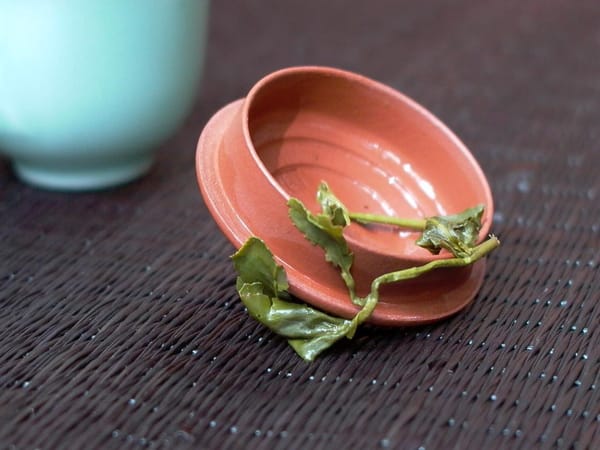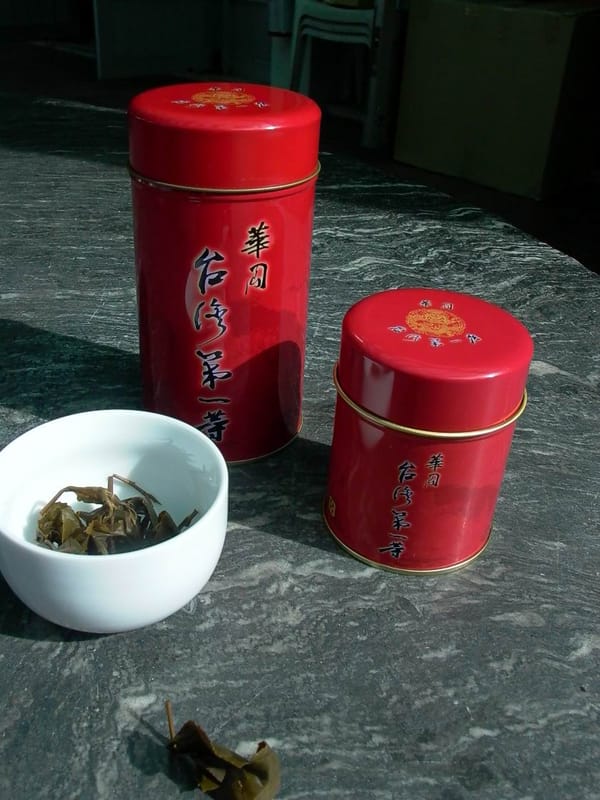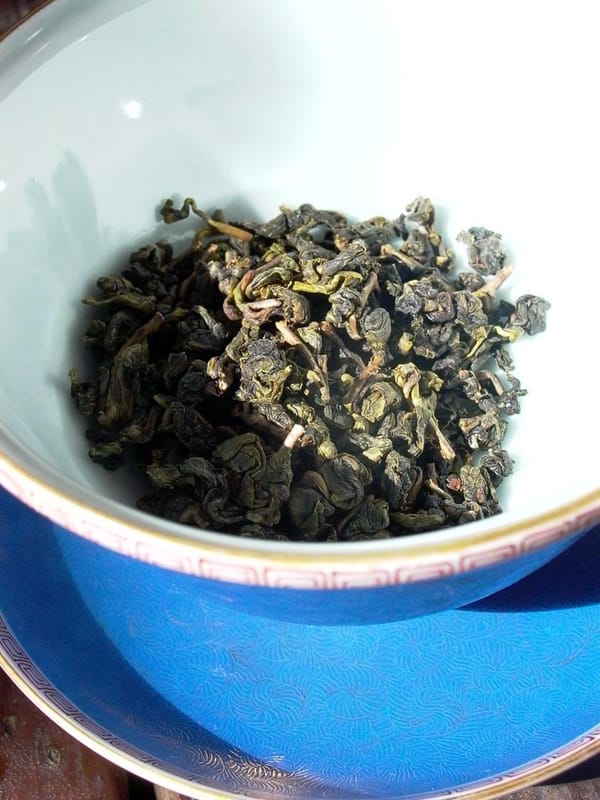Can a daily cup of tea truly benefit your health? While many enjoy the mellow richness of oolong tea, few realize that each sip contains powerful health-promoting compounds—catechins and polyphenols, gifted by nature.
As a semi-fermented tea, oolong retains a wealth of bioactive compounds through its unique processing. Scientific studies show that Taiwanese oolong tea contains an average catechin content of 12.2%, close to that of green tea. However, due to oolong’s fermentation process, these beneficial substances are often more bioavailable to the human body.
Curious about how oolong tea protects your health? Let’s explore the incredible effects of catechins and polyphenols in tea, and how proper tea drinking habits can help you maximize their natural wellness benefits.
Catechins: The Antioxidant Warriors in Oolong Tea
Catechins are one of the most important health components in oolong tea, forming a major part of tea polyphenols. In tea leaves, catechins are often referred to as "tannic acid" and are categorized under flavonoids or flavanols.
Research indicates that the catechins in oolong tea possess strong antioxidant properties, effectively eliminating free radicals in the body. As we age—especially past our thirties—our enzymatic systems become less efficient at removing free radicals. These unstable molecules can damage cells and accelerate aging. Tea polyphenols act as natural defenders, neutralizing these free radicals and preventing lipid oxidation.
It’s worth noting that tea polyphenols are metabolized quickly, with most being excreted from the body within nine hours. To maintain optimal antioxidant levels in body fluids, it’s best to drink tea regularly and consistently.
Comprehensive Health Protection: From Heart to Bone
Oolong tea's catechins offer multiple health benefits beyond antioxidants. For cardiovascular health, daily intake of 500mg of catechins over three months has been shown to increase HDL (good cholesterol) levels, even when total cholesterol remains unchanged, and also helps lower blood pressure.
For those concerned about blood sugar, catechins can inhibit enzymes like amylase and sucrase in the small intestine, thereby reducing blood glucose levels. This makes oolong tea an ideal beverage for individuals managing diabetes.
Even more exciting, a long-term study by National Cheng Kung University Hospital in Taiwan found that individuals who drank tea for 6 to 10 years had 2.3% higher hip bone density compared to non-tea drinkers. This overturns the old myth that tea causes osteoporosis and affirms oolong tea’s positive role in bone health.
The Catechin Advantage of Taiwanese Oolong Tea
Different regions in Taiwan produce oolong tea with varying catechin concentrations. Research reveals that oolong from the Huatung region has the highest catechin content at 15.2%, followed by Taoyuan-Hsinchu-Miaoli (13.4%), Chiayi (13.0%), Lugu (11.3%), and Mingjian (10.2%).
In terms of cultivars, Qingxin Damu has the highest catechin content at 13.4%, followed by Qingxin Oolong (12.4%) and TTES No. 12 (12.1%). These figures show that selecting tea from different regions and cultivars can offer varying levels of health-boosting compounds.
Using standard brewing methods, a 100ml cup of Taiwanese oolong tea contains approximately 13–18mg of catechins. This means that you don’t have to rely on green tea alone for catechin intake—oolong tea is just as effective.
Oolong Tea’s Wellness Benefits
Oolong tea isn’t just a flavorful beverage—it’s a natural remedy rich in health-promoting compounds. From antioxidation and cardiovascular protection to stronger bones, catechins and polyphenols provide full-spectrum wellness support.
To fully benefit from oolong tea’s health effects, it’s recommended to drink 3–6 cups daily and opt for high-quality Taiwanese oolong tea. Consistent daily consumption is more effective than occasional large intakes in maintaining stable antioxidant levels in the body. So next time you savor a cup, pause to appreciate the healthful energy within—let oolong tea be your daily companion in wellness.





